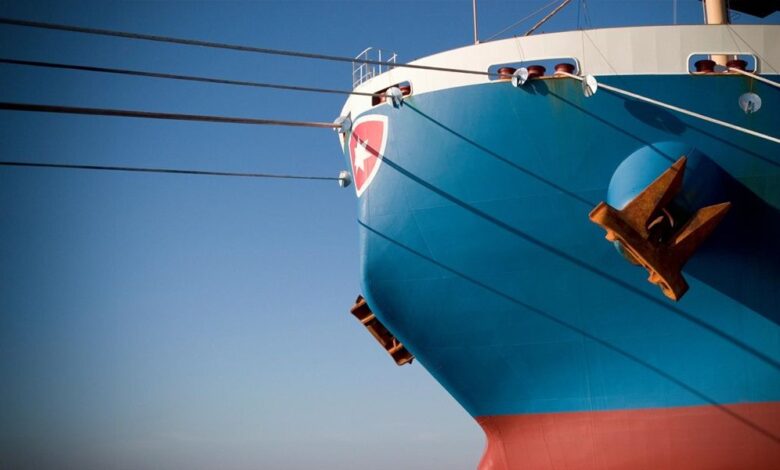Energy News Beat

Danish shipping giant Norden is celebrating what it claims is a world-first, completing a voyage from Singapore to Brazil using biofuel from what it claims came from a carbon-negative process.
A Norden vessel used 65 tonnes of fuel blend with 20% MASH Makes biofuel in its auxiliary engine.
MASH Makes biofuel is produced by heating agricultural residues at high temperatures without oxygen. The resulting bio-oil is comparable with ISO8217 standard fossil fuels.
“This trial proves that MASH Makes’ biofuel is suitable for marine engines, and it marks an important milestone towards bringing the fuel into our operation,” said Henrik Røjel, head of decarbonisation and climate solutions at Norden.
A recent climate impact report from independent research firm Boundless Impact assessed the environmental impact of the MASH Makes biofuel production process and found it to be carbon negative driven by the permanent carbon sequestration achieved through the co-produced biochar and its use in sustainable agriculture.
For every tonne of biofuel produced, MASH Makes also generates 1.8 tonnes of biochar, a stable, carbon-rich material applied to soil. Each tonne of biochar locks 3.14 tonnes of CO₂ from theatmosphere into the ground, creating a direct link between fuel production and carbon removal. This means every tonne of MASH biofuel is associated with 5.7 tonnes of CO₂ being sequestered permanently in the soil.
“Our biofuel meets the technical requirements of the shipping industry and can be used in unmodified
engines. It’s a seamless, scalable alternative ready to cut emissions today,” maintained MASH Makes CEO Jakob Bejbro Andersen.
MASH Makes biofuel is produced through pyrolysis, which converts agricultural residues into renewable energy. The company’s facility in Karnataka, India processes 23,700 tonnes of agricultural waste annually, producing 3,400 tonnes of bio-oil and large quantities of biochar. A second plant under construction will triple production capacity. The long-term goal: removing a gigatonne of CO₂ by 2040.
The post Norden claims world-first voyage using drop-in biofuel from a carbon-negative process appeared first on Energy News Beat.









